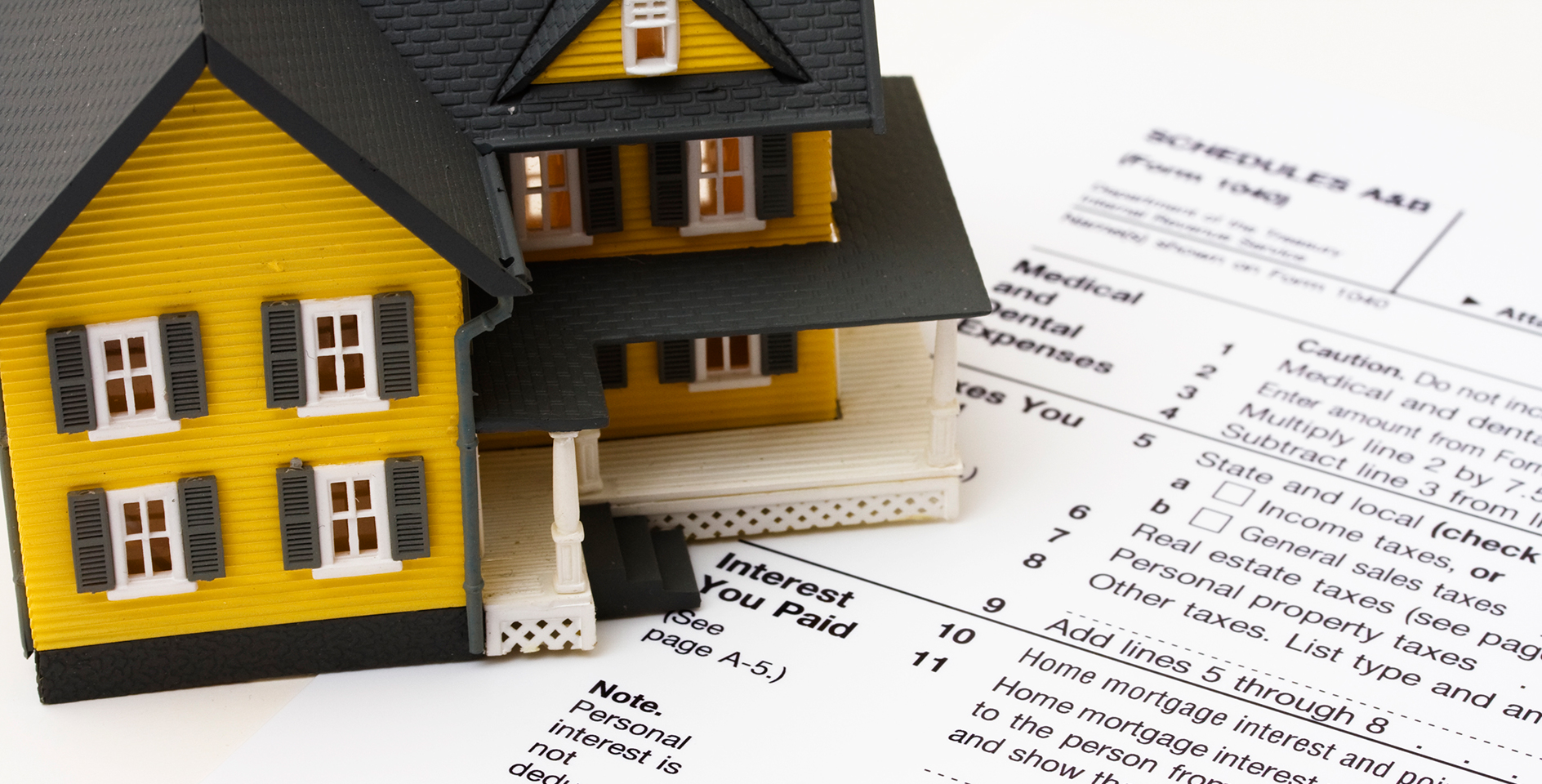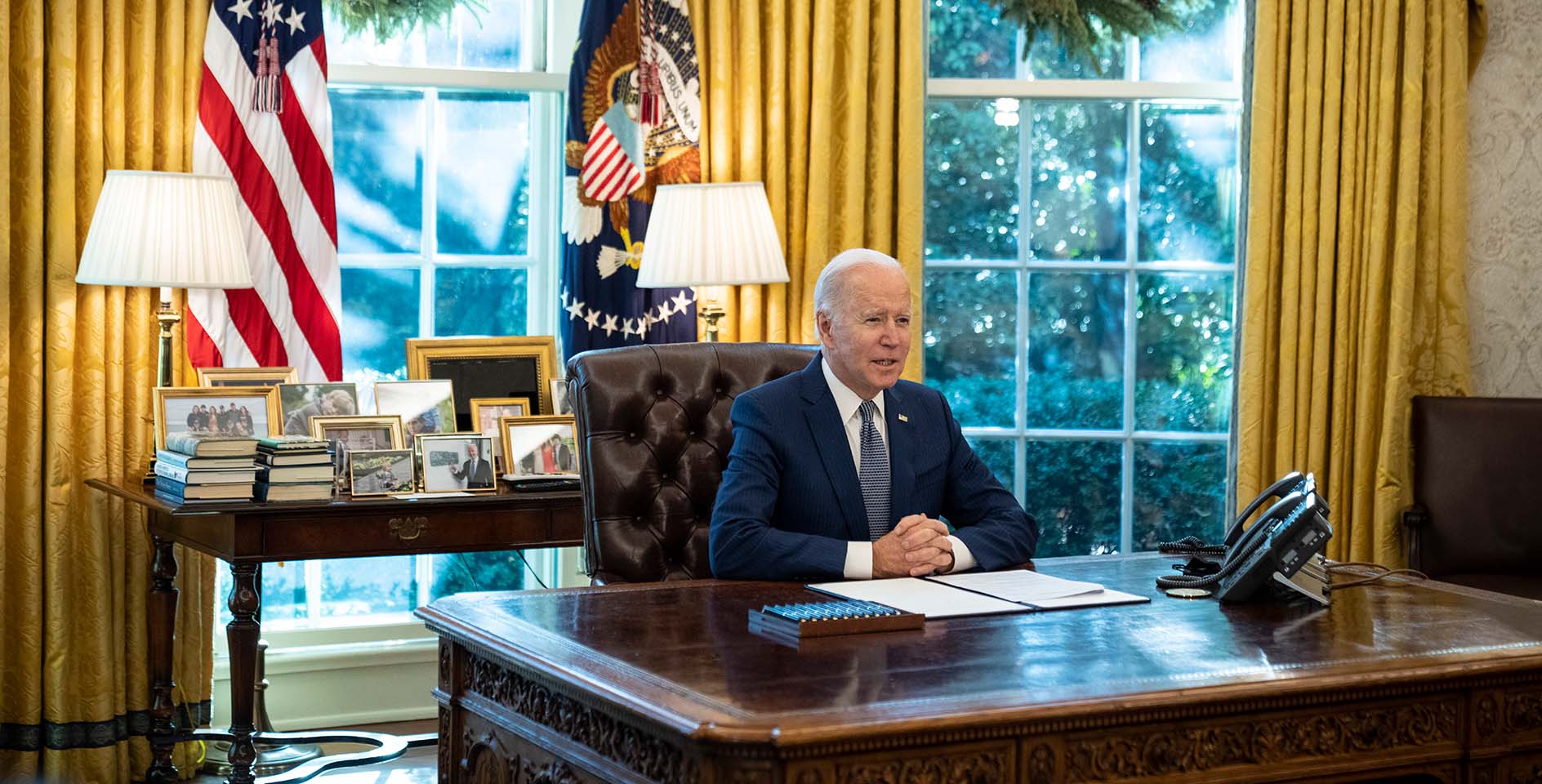For the second time in four years, a federal judge has ruled that an Internal Revenue Service exemption that gives clergy tax-free housing allowances is unconstitutional. In her latest ruling U.S. District Court Judge Crabb claims the ministerial housing allowance violates the Constitution's Establishment Clause “because it does not have a secular purpose or effect and because a reasonable observer would view the statute as an endorsement of religion.”
In her 2013 ruling she wrote, “Some might view a rule against preferential treatment as exhibiting hostility toward religion, but equality should never be mistaken for hostility.”
Despite the judge’s claim, appealing to “equality” is not enough to make the action non-hostile nor is it in line with previous court decisions. Not only has the Supreme Court previously stated that the Establishment Clause prohibits hostility against religion as much as it prohibits the establishment of a state religion, it has also noted that its “precedents plainly contemplate that on occasion some advancement of religion will result from governmental action.”
Still, as Mississippi College law professor Matt Steffey told Baptist Press, the ruling, unlike U.S. District Judge Barbara Crabb's previous attempt to strike down the housing allowance, could be upheld on appeal to the Seventh U.S. Circuit Court of Appeals in Chicago.
The judge appears “bound by existing law to decide the case this way,” Steffey said. “The way the U.S. Supreme Court has interpreted the Establishment Clause" to forbid preference of religion over non-religion "dictates to a lower court, which must follow the existing Supreme Court precedent to arrive at this decision.”
But aside from the question of constitutionality, the clergy exemption raises a question that many people—whether religious or not—are likely to be wondering: Why exactly do ministers receive a tax exemption for their housing allowance?
To answer the question we must first consider how taxation of church property, including clergy housing, has historically been considered.
Since at least the time when Joseph served in Pharaoh’s Egypt, religious property has been exempt from certain forms of taxation (Gen. 47:26). The practice continued in the Roman Empire and through medieval Europe and was part of the common law that America adopted from England. The common law granted tax exemptions to established churches and, through the equity law tradition, to all churches. From the 15th century to the 19th century, most pastors lived in the parsonage, a house provided by the church. Housing was thus a form of non-cash payment that was exempt from taxation since the parsonage was church property.
By the early 20th century, though, both clergy housing and taxation had changed considerably. To accommodate for the changes Congress passed the Revenue Act in 1921, which exempted from the gross income of ministers the rental value of any “dwelling house and appurtenances thereof” provided by a church as a part of clergy compensation.
Why exactly do ministers receive a tax exemption for their housing allowance?
This parsonage exemption, however, applied only to ministers who lived on property owned by their church and disadvantaged ministers whose churches provided a housing allowance rather than a church-owned parsonage. In 1954, Congress amended the tax code to allow ministers to exempt a portion of their income to the extent used by the minister for housing. According to the Senate Report, the purpose of this addition was to eliminate the disparity in the tax code between ministers who lived in a church-owned parsonage and those who were given a stipend with which to secure housing.
The clergy, of course, are not the only ones to receive such an exemption. Congress included several categories of tax-free housing allowances to demonstrate a willingness to give tax breaks to classes of taxpayers who have little choice about their personal living space, such as members of the military, members of the Peace Corps, members of the Foreign Service, etc. As Peter J. Reilly explains,
Whether the employer provides a cash allowance or a home, each benefit serves the same purpose; that is, often the employer’s needs affect the living space needs of its employees. Many times, these classes of employees frequently relocate, thus preventing them from settling down and hindering long term close friendships. Further, the employers frequently require them to use their homes to conduct employer business. Additionally, the employee’s place of service may not be desirable. These employees must reside where their employer requires and must frequently use their residence for employer business. Some employees sacrifice amenities that most citizens take for granted, such as long term stability in one locale and privacy.
The constitutionality of the parsonage exemption would be difficult to challenge since it has been encoded in statutory law for over almost 100 years. That is why critics of clergy exemptions have focused on the housing allowance.
The obvious counter might appear to be for churches to simply buy a parsonage and directly provide housing for their ministers. But this ignores the fact there may be theological reasons based on church polity for not providing a parsonage. As Justin Butterfield, Hiram Sasser, and Reed Smith explain in an article for The Texas Review of Law and Politics, a “congregation’s choice to offer a housing allowance rather than allow the minister to live in a church-owned dwelling is not one of mere accounting or convenience, but rather one rich with theological and ecclesiastical underpinnings.”
The parsonage exemption, for instance, provides a preference for institutional churches whose ecclesiastical properties are owned by a central governing body (e.g., Roman Catholic). Smaller, independent, local churches often have less money to provide a parsonage. It also presents a bias in favor of wealthy, established churches over younger congregations and church startups. Many church plants that can’t afford a church building would be unable to afford to buy a parsonage.
Because of this reality, the courts cannot allow the parsonage exemption and exclude the housing exemption without showing preference for certain religious groups over others.
Both the parsonage and pastor housing exemption are part of a legal tradition that serves to prevent the entanglement of the state in ecclesiological concerns. By her decisions, though, Judge Crabb has—albeit unintentionally—incorporated a form of denominational favoritism into the tax code. In her attempt to prevent an imaginary violation of the Establishment Clause she has inadvertently created a real infringement.










